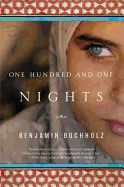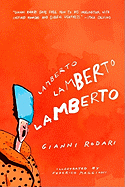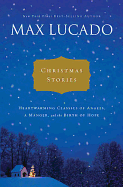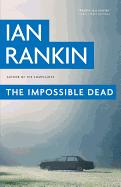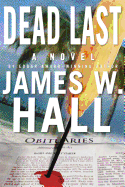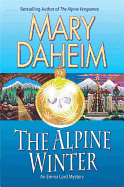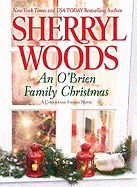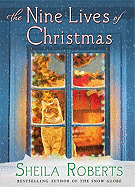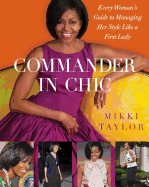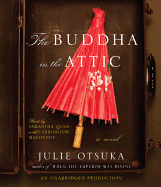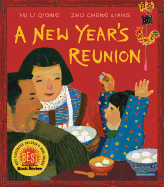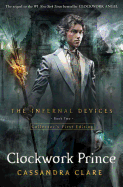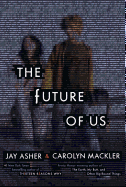The Joy of Browsing
Given the seemingly ubiquitous use of synonym finders or Google in place of a dictionary, we've lost the joys of browsing through a dictionary. You start by searching for "meme" and get sidetracked by and "membrillo" or "Memel" (which takes you to "Klaipeda"). But all is well for "real dictionary" lovers, according to Steve Kleinedler, executive editor of the American Heritage Dictionary, our guest editorialist:
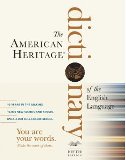 "With the wealth of information available on phones and computers, you might find it surprising that Houghton Mifflin Harcourt has recently published the 2,112-page, 7.5-pound, fifth edition of the American Heritage Dictionary of the English Language. If you grew up with a dictionary, you know there's nothing so visceral and engaging as plunging into its pages. Unquestionably, you need plenty of quick electronic look-ups, but nothing can replace the experience of jumping into a dictionary and getting lost among its words. You will uncover facts about the English language you'd never imagined--for example, by reading the history of what you'd assumed to be a common everyday word and seeing how it connects in surprising ways to other words, thanks to a common ancestor from a long-distant language. By making the app version available with the printed book, we're hopeful that electronic audiences will find a new reason to try the printed book and will use both, depending on the need. A home that displays a print dictionary on its shelves is a home where education is encouraged and fostered, where children and adults actively seek to expand their awareness of their place within society, and where the pursuit of knowledge is supplemented with serendipitous discovery about the world they live in and the language they speak. If a sacred scripture unites the people of a given faith, then a dictionary unites the people of a given tongue."
"With the wealth of information available on phones and computers, you might find it surprising that Houghton Mifflin Harcourt has recently published the 2,112-page, 7.5-pound, fifth edition of the American Heritage Dictionary of the English Language. If you grew up with a dictionary, you know there's nothing so visceral and engaging as plunging into its pages. Unquestionably, you need plenty of quick electronic look-ups, but nothing can replace the experience of jumping into a dictionary and getting lost among its words. You will uncover facts about the English language you'd never imagined--for example, by reading the history of what you'd assumed to be a common everyday word and seeing how it connects in surprising ways to other words, thanks to a common ancestor from a long-distant language. By making the app version available with the printed book, we're hopeful that electronic audiences will find a new reason to try the printed book and will use both, depending on the need. A home that displays a print dictionary on its shelves is a home where education is encouraged and fostered, where children and adults actively seek to expand their awareness of their place within society, and where the pursuit of knowledge is supplemented with serendipitous discovery about the world they live in and the language they speak. If a sacred scripture unites the people of a given faith, then a dictionary unites the people of a given tongue."



 Dennis Cooper
Dennis Cooper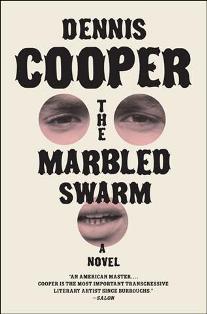 Book you've faked reading:
Book you've faked reading:
